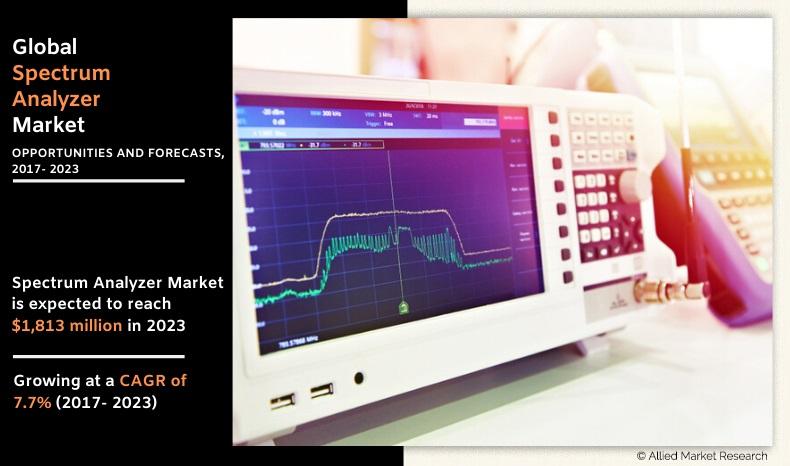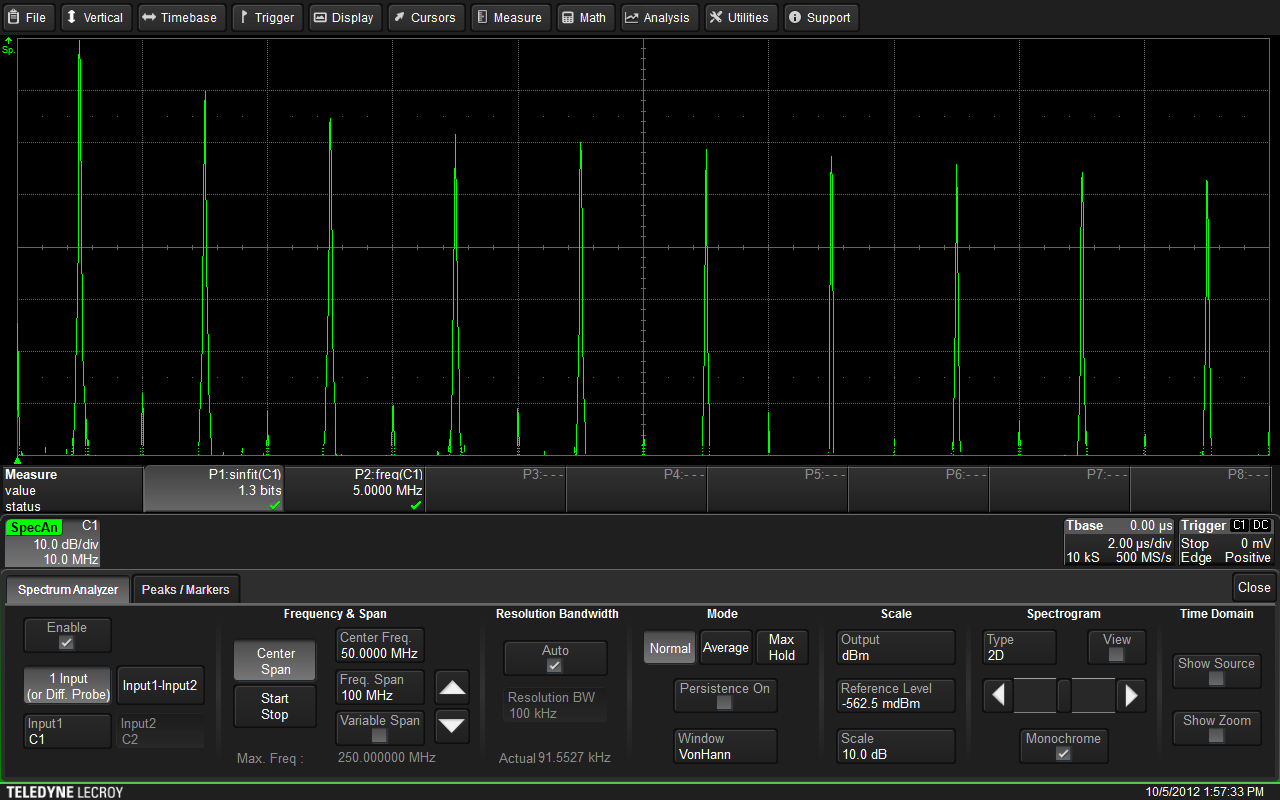
However, DSOs contain additional data-processing subsystems that are used to collect and display data for the entire waveform. Some of the subsystems in DSOs are similar to those in analog oscilloscopes. Therefore they cannot express varying levels of intensity in the live signal.


However, DSOs typically have no real-time intensity grading. Unlike analog oscilloscopes, DSOs provide permanent signal storage and extensive waveform processing. The waveform need not be continuous it can be displayed even when the signal disappears. Because the waveform information exists in digital form as a series of stored binary values, it can be analyzed, archived, printed, and otherwise processed, within the oscilloscope itself or by an external computer. Its display typically relies on a raster-type screen rather than the luminous phosphor found in older analog oscilloscopes.ĭSOs allow you to capture and view events that may happen only once, known as transients.

A conventional digital oscilloscope is known as a digital storage oscilloscope (DSO).


 0 kommentar(er)
0 kommentar(er)
